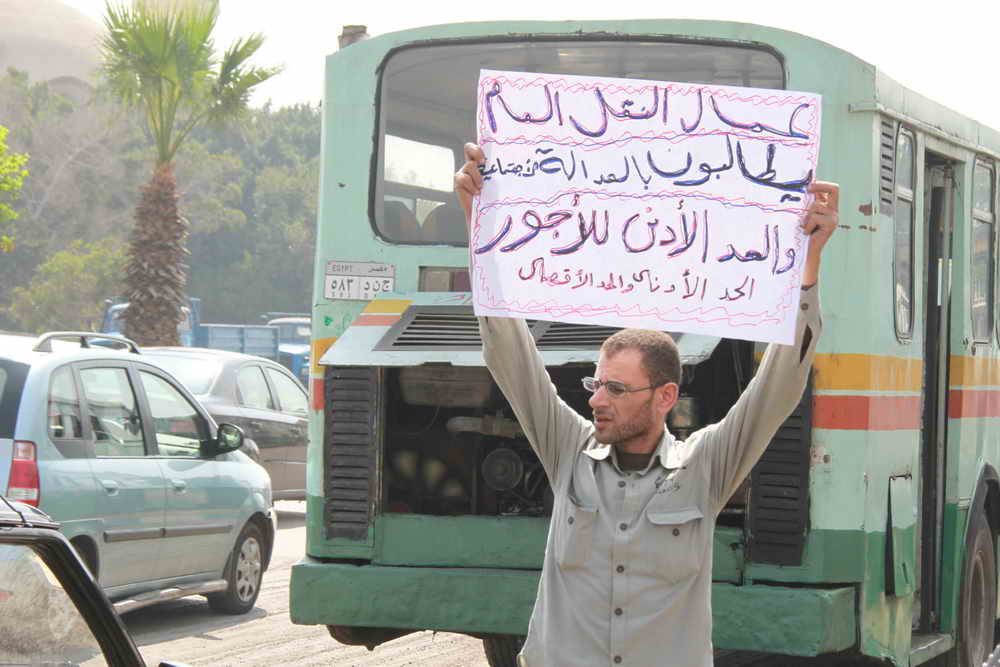Egypt has become the first country in the World Health Organization’s Eastern Mediterranean Region to meet the WHO target for hepatitis B control, a milestone achievement officially recognized during a ceremony held in Cairo on Sunday.
At the event, Deputy Prime Minister and Minister of Health Khaled Abdel Ghaffar received a formal certificate from WHO, confirming Egypt’s success in achieving the benchmark for reducing hepatitis B prevalence among children and maintaining sustained vaccine coverage.
According to national surveys conducted between 2008 and 2024, hepatitis B prevalence among individuals under 60 has declined by 15% since 2015, while rates among children under ten have dropped by 50%. Notably, prevalence among children under five now stands at below 1%—the threshold established by WHO for hepatitis B control.
WHO Regional Director for the Eastern Mediterranean, Hanan Balkhy, praised Egypt’s public health infrastructure and long-standing commitment to immunization. She highlighted that Egypt has maintained over 90% coverage of the hepatitis B third-dose vaccine for more than a decade, as well as consistent coverage of the birth dose for five consecutive years.
“This is a turning point in Egypt’s healthcare journey,” said Abdel Ghaffar. “It reflects our national commitment to prevention, immunization, and universal health coverage, in alignment with President Abdel Fattah Al-Sisi’s vision for health security.”
The success was largely driven by Egypt’s Expanded Program on Immunization (EPI), which achieved over 95% vaccine coverage, providing free hepatitis B vaccines to all newborns—Egyptian and non-Egyptian alike. The program also ensures immediate birth doses and immunoglobulin for infants born to hepatitis B-positive mothers.
Egypt also expanded immunization access to high-risk populations, including healthcare workers, dialysis patients, people living with HIV, and household contacts of hepatitis B carriers. These efforts were supported by upgrades to the digital infrastructure that improved vaccine tracking, reduced waste, and ensured equitable service delivery across the country.
WHO Representative in Egypt, Naeema Al-Gasseer, commended Egypt for its technical capacity and long-term planning. “Egypt fully deserves this recognition. It is a testament to what can be achieved through coordinated health policy and sustained investment in public health.”
Beyond immunization, the Ministry of Health launched the Egyptian Vaccine Manufacturers Alliance (EVMA) to localize vaccine production and strengthen domestic supply chain resilience, a key pillar in Egypt’s drive toward health system sustainability.
Hesham Sateet, Head of the Unified Procurement Authority, emphasized the importance of securing vaccines and medical supplies through transparent, efficient mechanisms. “This achievement would not have been possible without the full backing of Egypt’s political leadership and the close coordination among state institutions,” he said.
Ali El-Ghamrawy, President of the Egyptian Drug Authority, added that local manufacturing and regulatory governance are central to Egypt’s broader health strategy, which is aligned with Vision 2030 and the UN Sustainable Development Goals.
“The Egyptian experience proves that with strategic planning, institutional coordination, and political will, even complex public health challenges can be overcome,” Abdel Ghaffar concluded, expressing gratitude to frontline health workers and international partners who supported Egypt’s journey.



